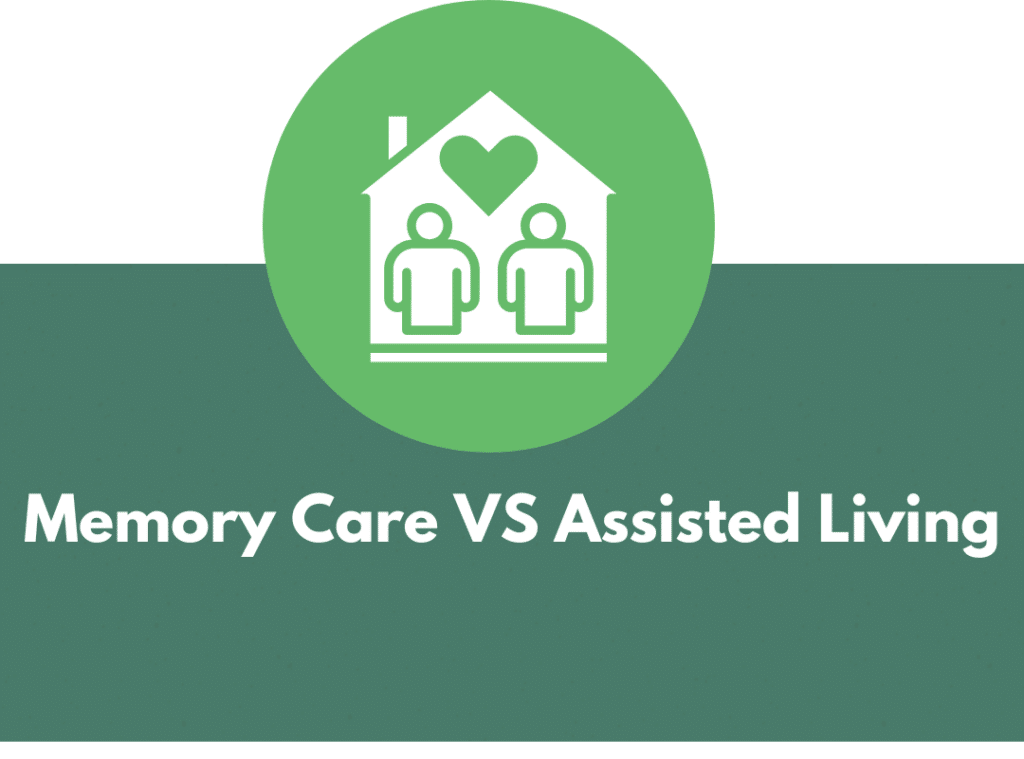When deciding between memory care and assisted living at Westmont Living, evaluating your loved one’s specific needs is essential. Memory care might be the best fit if they’re struggling with cognitive decline, offering specialized support in a secure environment. However, assisted living could be more appropriate if they require assistance with daily tasks while still valuing their independence. Understanding the nuances between these options can significantly impact their quality of life. So, what factors should you prioritize to guarantee the right choice at Westmont Living?
Memory care vs assisted living
When considering the difference between memory care and assisted living, it’s crucial to break down your loved one’s needs.
Assisted living primarily focuses on helping residents with daily activities like bathing, dressing, and medication management. It’s an excellent fit for individuals who can mostly care for themselves but may need a little extra support.
On the other hand, memory care is designed specifically for seniors with dementia or other cognitive impairments. This type of care provides a secure environment with specialized support that emphasizes safety and familiarity.
Memory care facilities often feature layouts that reduce confusion, minimizing anxiety for residents.
You’ll want to assess your loved one’s cognitive abilities, as they may require more intensive assistance than what assisted living can provide. Understanding their unique challenges will help you choose the right setting.
Additionally, memory care staff receive specialized training to handle the complexities of dementia compassionately, ensuring your loved one receives the care they need.
Ultimately, the goal is to promote a quality of life that respects their dignity and fosters a sense of belonging, whether in assisted living or a memory care community.

Cost of Memory care vs. Assisted living
Choosing between memory care and assisted living often involves financial considerations. Assisted living typically has a lower median monthly cost of about $4,995, while memory care averages around $6,200. This price difference reflects the specialized support and services that memory care facilities offer, specifically for individuals with dementia.
Understanding your loved one’s unique care needs is essential for an accurate cost assessment. Factors like location, room size, and the specific services provided can considerably impact these costs.
Memory care units often require a higher caregiver-to-resident ratio and 24/7 supervision, contributing to increased expenses.
It’s also essential to explore financing options. Various financial assistance programs may help alleviate some of the financial burden associated with memory care.
How Do The Costs Of Moving Into A Quality Senior Care Community Compare With The Costs Of Staying At Home?Compare The Costs of Senior Living vs Staying at Home

When to move from assisted living to memory care
Determining the right time to shift from assisted living to memory care can be challenging, but recognizing the signs can help you make that decision confidently.
One key indicator is a noticeable decline in cognitive function, such as increased confusion, forgetfulness, or difficulty following conversations. If your loved one exhibits wandering behaviors or becomes disoriented in familiar surroundings, it may signal a need for a more secure environment.
Another sign is when daily activities, like bathing or dressing, become overwhelming for them. If you find that they require more assistance than assisted living can provide, it’s vital to consider specialized memory care.
Additionally, if safety concerns arise—like repeated falls or accidents—moving to a community designed for dementia care can markedly reduce risks.
Lastly, observe their emotional well-being. If you notice increased anxiety, agitation, or withdrawal, these can be signs that they need a more structured setting with trained staff.
Deciding between memory care and assisted living can be challenging, but understanding your loved one’s needs is key. At Westmont Living, we recognize that nearly 6 million Americans live with Alzheimer’s disease, highlighting the importance of tailored care. If your loved one struggles with cognitive tasks, memory care may be the best option for their safety and well-being. Ultimately, prioritizing their comfort and security will lead you to the right choice, ensuring they receive the support they truly deserve. For more information, feel free to contact us at 858-456-1233.
FAQs on Assisted Living and Memory Care
- What’s the difference between assisted care and memory care?
Assisted living provides help with daily activities such as bathing, dressing, and medication management for seniors who need support but remain mostly independent. Memory care offers specialized support for individuals with Alzheimer’s or dementia, with secured environments and staff trained to manage memory loss and cognitive decline. - How do I know when to move from assisted living to memory care?
A move to memory care is often necessary when safety becomes a concern or if memory loss leads to wandering, confusion, or difficulty managing daily routines. Increased agitation, disorientation, or health complications can also indicate it’s time for a higher level of care. - Does mom need assisted living or memory care?
Assisted living may be the best fit if your mom needs help with daily tasks but is mentally alert. However, memory care could be more appropriate if she shows signs of memory loss or confusion or requires constant supervision for her safety. - How much more expensive is memory care than assisted living?
Memory care is typically 20-30% more expensive than assisted living due to the specialized staff, higher level of supervision, and secure environments. The exact cost difference varies by location and facility. - What is the average monthly cost for memory care?
Memory care costs between $5,000 and $7,000 per month, though this can vary based on the facility’s amenities, location, and level of care provided. Some states or regions may have higher costs than others. - Can someone with dementia live in assisted living?
In the early stages of dementia, individuals may live in assisted living if their needs are primarily for daily support rather than memory-related care. As dementia progresses, transitioning to memory care becomes necessary for enhanced safety and specialized attention. - What is a memory care assisted living?
Memory care assisted living combines assisted living services with specialized care for individuals with memory impairments. This includes structured routines, secured spaces to prevent wandering, and staff trained in dementia care to ensure residents’ safety and well-being.









